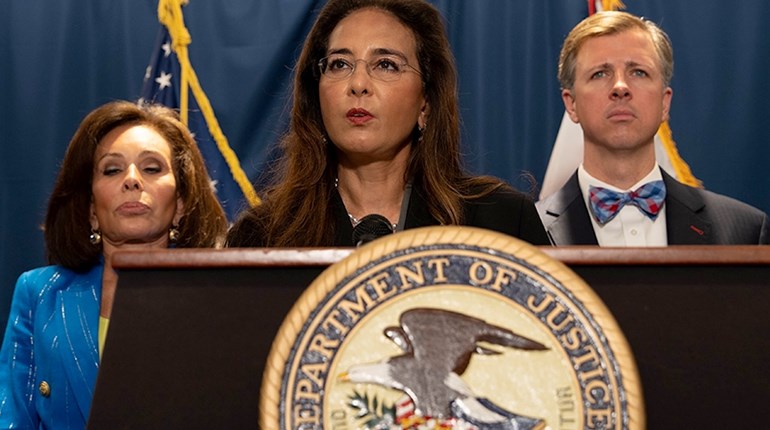
Last March the Bureau of Alcohol, Tobacco, Firearms and Explosives (ATF) released an open letter on “forced reset triggers” (FRTs) that says it “determined” that some FRTs are machineguns and therefore are regulated under both the Gun Control Act (GCA) and National Firearms Act (NFA). Under ATF’s new interpretation, these triggers are effectively prohibited due to the GCA’s prohibition on new manufacture of machineguns for the commercial market.
Though the ATF letter claims to apply to “some” FRTs, it is unclear what current design might not fall under ATF’s new interpretation.
FRTs operate by using the mechanical action of a semi-automatic firearm to forcibly reset the trigger. This allows a trigger to be more quickly pulled by the user.
In one example, the ATF sent Rare Breed, a manufacturer of FRTs, a cease-and-desist letter in July 2021, claiming that the trigger met the GCA’s definition of “machinegun.” Rare Breed responded by filing a lawsuit. Rare Breed sought a preliminary injunction to stop the ATF from enforcing this new rule, but this legal remedy was denied. The case was then dismissed without prejudice (meaning it could be refiled).
As the case deals with ATF’s interpretation of the term “machinegun,” its result will likely rest on whether or not the U.S. Supreme Court reevaluates the standard that federal courts apply when agencies interpret statutes they are charged with enforcing.
“This deferential standard, often referred to as Chevron Deference because of a case of the same name, is wholly incompatible when applied to criminal statutes because it allows the government to turn once lawful conduct into a felony overnight,” reports NRA-ILA.
The U.S. Supreme Court had several cases before it that would allow it to review Chevron. The NRA, in fact, filed an amicus brief in one of these cases that involved the ATF’s reinterpretation of the definition of machinegun as applied to bump-fire stocks. The NRA brief argues that for 200 years the U.S. Supreme Court has consistently held that “the power to create crimes lies exclusively with Congress.” Thus, when criminal liability is on the line, the “ATF’s position is ‘not relevant at all.”’


































